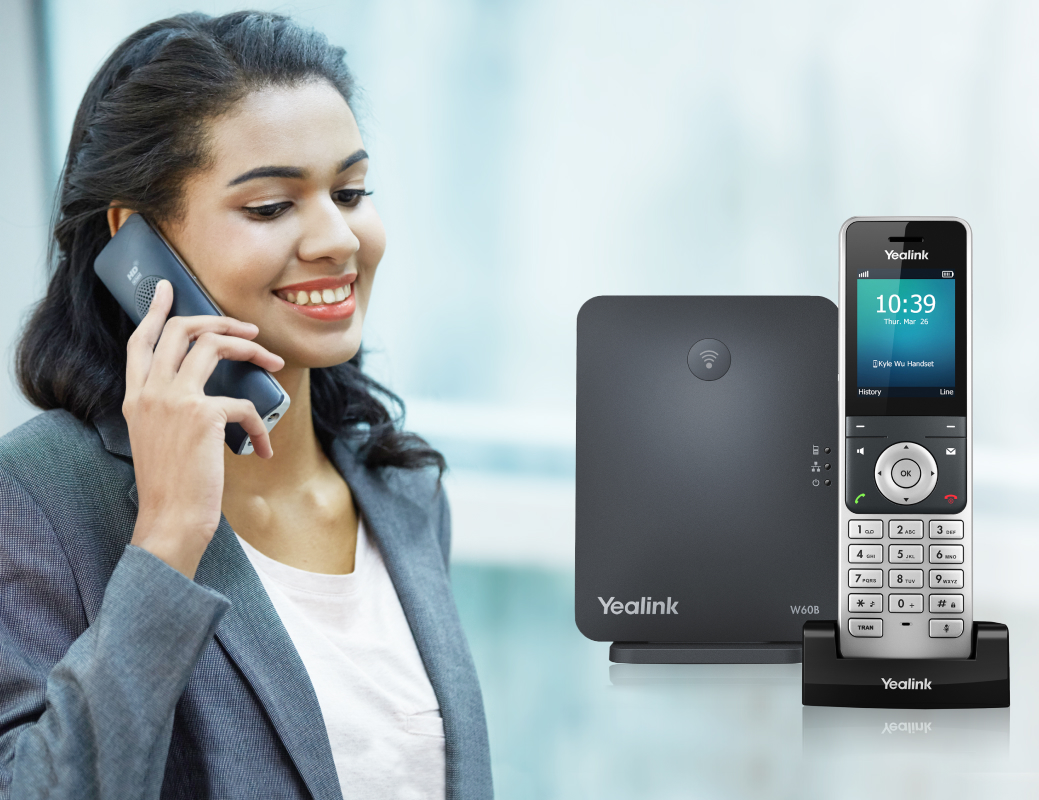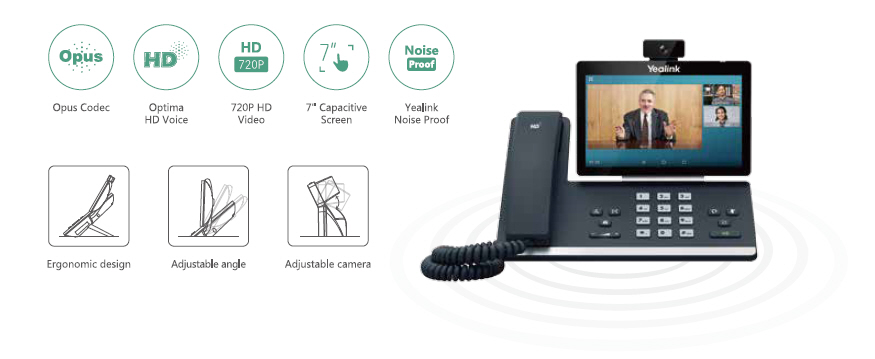Introduction: A New Era of Communication
In an age where connectivity is paramount, businesses must adapt to evolving technologies to stay competitive. One such technology that has emerged as a game-changer is Voice over Internet Protocol (VoIP). Traditional phone lines, once the backbone of business communication, are being rapidly overshadowed by the advantages offered by VoIP phone systems. This article aims to explore how you can transform your communication strategy with VoIP phone systems over traditional lines.
What is a VoIP Phone System?
Understanding the Basics of VoIP Technology
The term Voice over Internet Protocol (VoIP) refers to a technology that allows you to make voice calls using the internet instead of conventional telephone lines. With VoIP phone systems, your voice is converted into digital packets and transmitted over the internet, making it a highly efficient method for communication.


How Does a VoIP Phone Work?
So how exactly does a VoIP phone work? Essentially, it takes your voice and converts it into data packets, which are then sent through an internet connection. Once these packets reach their destination, they are converted back into audio signals. This process enables seamless communication regardless of geographical barriers.
Key Components of a VoIP System
A typical VoIP system consists of several essential components:
- VoIP Phones: Specialized devices designed for internet calls. SIP (Session Initiation Protocol): A signaling protocol used to initiate, maintain, and terminate communication sessions. VoIP Gateway: Connects traditional telephones to the VoIP network. Bandwidth: The amount of data that can be transmitted over an internet connection at any given time.
Benefits of Using VoIP Phone Systems Over Traditional Lines
Cost Efficiency: Save Money on Your Communication Bills
One of the most compelling reasons to switch to a VoIP phone system is cost savings. Traditional phone lines often come with hefty charges for long-distance calls and additional features. With VoIP, many features like call forwarding and voicemail-to-email come at little or no extra cost.
Scalability: Easily Expand Your Communication Needs
As your business grows, so do your communication needs. With traditional lines, adding new lines can be cumbersome and expensive. VoIP systems allow for easy scalability—simply add more users without needing extensive hardware upgrades.
Flexibility: Stay Connected Anywhere, Anytime
The modern workforce is increasingly mobile. Whether you're in the office or on the go, a VoIP phone system lets you stay connected from anywhere with an internet connection. This feature enhances productivity and ensures that you're always reachable.
Transform Your Communication Strategy with VoIP Phone Over Traditional Lines
Switching from traditional lines to a modern VoIP system can radically alter how you communicate both internally and externally. Not only does this transformation enhance collaboration among team members but also improves customer service through streamlined communications.
Exploring Advanced Features of VoIP Phone Systems
Unified Communications: Integrating Multiple Channels
The future of business communication lies in unified communications (UC). Many VoIP systems offer UC functionalities that integrate various forms of communication—voice calls, video conferencing, instant messaging—into one platform. This integration simplifies workflows and enhances team collaboration.
Call Analytics: Measure Performance like Never Before
With advanced call analytics available in many VoIP solutions, businesses can gain insights into call patterns and performance metrics. These analytics help identify areas for improvement in customer service or operational efficiency.
Video Conferencing Capabilities: Bringing Teams Together Virtually
In today's remote work landscape, video conferencing has become essential. Many modern VoIP systems include built-in video conferencing features that allow teams to meet face-to-face virtually—overcoming geographical barriers efficiently.
Challenges You Might Face When Transitioning to VoIP Systems
Quality Concerns: Ensuring Clear Calls Are Paramount
While switching to a digital platform offers numerous benefits, concerns regarding call quality can be prevalent. It's crucial to ensure you have adequate bandwidth and choose reputable service providers who prioritize quality assurance.
Security Risks: Safeguarding Your Communications
Cybersecurity threats loom large in any digital environment. When adopting a new communication strategy with a VoIP system, it's vital to implement robust security measures like encryption and firewalls to protect sensitive information from unauthorized access.
Implementing Your New VoIP Phone System Successfully
Step-by-Step Guide for Transitioning from Traditional Lines
Evaluate Your Needs: Determine what features you require. Choose the Right Provider: Research different providers based on reputation and reviews. Plan Your Network: Assess if your current internet connection supports additional data traffic. Set Up Hardware: Install required hardware such as routers and phones. Train Employees: Ensure your team understands how to use the new system effectively. Monitor Performance: Regularly check performance metrics post-implementation.FAQs About Transforming Communication Strategies
1. What are the main advantages of using a VoIP phone system?
The primary advantages include cost savings, scalability, flexibility for remote workforces, unified communications features, and advanced analytics capabilities.
2. Is it difficult to switch from traditional phone systems?
Switching requires careful planning but can be done smoothly with proper guidance and training for employees.
3. Can I use my existing phones with a new VoIP system?
It depends on your current phones’ compatibility; however, many providers offer adapters https://jsbin.com/puhijemowa or recommend specific models suitable for their services.
4. How do I ensure good call quality with my new system?
Good bandwidth is essential; consider upgrading your internet service if necessary and choose high-quality equipment recommended by your provider.
5. Are there security risks associated with using VoIP?
Yes; however, implementing strong security measures such as encryption will significantly reduce potential vulnerabilities associated with digital communications.
6. How scalable are these systems if my business grows quickly?
One major benefit of using a VoIP phone system is its inherent scalability; adding new users typically involves minimal costs compared to traditional services.

Conclusion
Transitioning from traditional lines to modern VoIP phone systems can profoundly transform how organizations communicate internally and externally alike. By taking advantage of advanced features such as unified communications and robust analytics while keeping security considerations top-of-mind ensures your business remains competitive in today's fast-paced environment! So why wait? Take the plunge today; transform your communication strategy with VoIP—it's time to embrace the future!